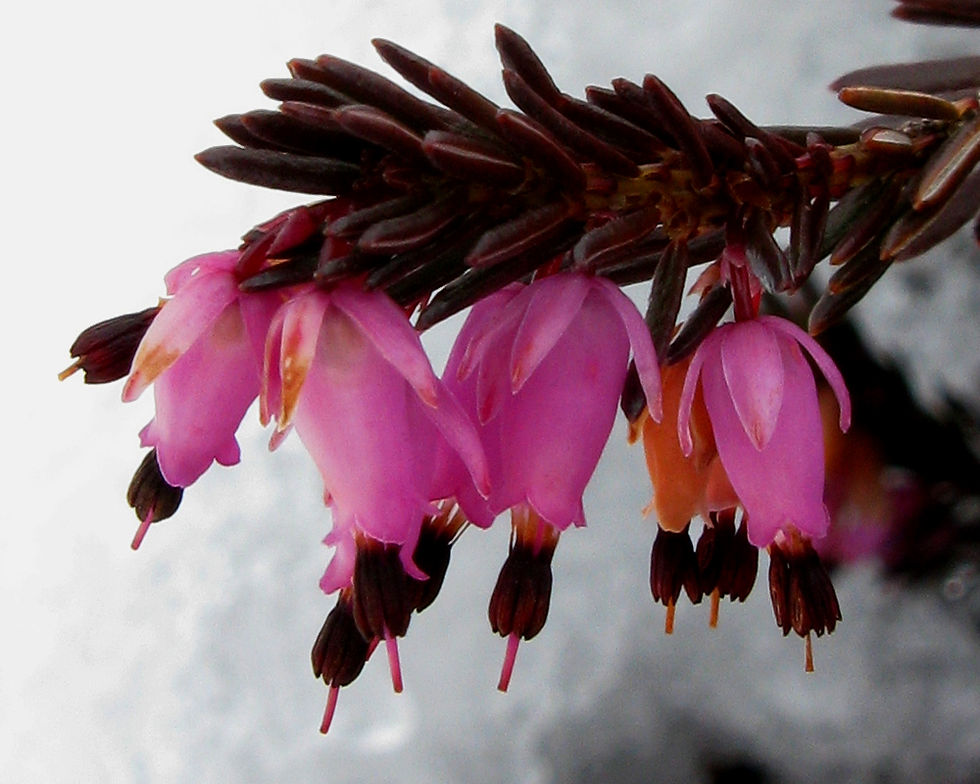Click the tartan to view its entry in The Scottish Registers of Tartans which includes registration details, restrictions, and registrant information.
Unregistered tartans may link to one of the web's online design environments for similar information.
For any questions about reproduction of designs or weaving of these tartans, please contact the registrant directly or via this website.
Mead Day
"An attendant stood by
With a decorated pitcher, pouring bright
Helpings of mead.
And the minstrel sang,
Filling Heorot with his head-clearing voice,
Gladdening that great rally of Danes and Geats."
~ Beowulf (c 975-1010 AD), translation by Seamus Heaney
Celebrate the Lughnasa summer harvest with a tartan celebrating one of the world's oldest alcoholic beverages and perhaps you too, can wax poetical, inspired by this heady and sweet brew! Mead, fermented honey wine, was often called “nectar” or “ambrosia", and is infused with the sweetness and floral essences of summer. Once a favourite beverage across many ancient cultures, it faded from prominence during the Middle Ages, when improved farming practices made grain-based brews like beer more economical, and the later influx of West Indian sugar reduced the practical incentives for beekeeping.
However, mead is enjoying a vibrant revival in modern times, thanks in part to the influence of fantasy literature and gaming. Series like Game of Thrones have helped reawaken interest in this storied drink, casting it once again as a beverage of heroes, poets, and mythical feasts. Alongside contemporary craft versions, traditional meads have reemerged, offering intriguing variations. These include Acerglyn, infused with maple syrup; Black Mead, made with black currants; Bochet, which features caramelized or even scorched honey for a deep, rich flavor; and Braggot, a hearty blend of mead and malted grain, often barley.
In Norse mythology, mead holds legendary significance. It is said to grant eloquence, poetic inspiration, and the power of wisdom. The magical Mead of Poetry was created through a tale of violent deception involving giants, dwarves, and the cunning god Odin. Two distinct types of mead are born in the myth: a lesser brew known as the “rhymester’s share,” and the coveted Mead of Suttungr, said to bestow upon the drinker the power to become a skald or sage—able to solve any question and speak with inspired fluency.
So choose your mead wisely. You may not become a scholar overnight, but at the very least, you might find yourself composing a rather respectable verse or two. 💙 🤍 🖤 💛 ❤️ 🍯 🐝🍷
Mead Day celebrates a historical and legendary beverage, mead.
Also referred to as honey wine, mead is made by boiling honey and water into a syrup, adding yeast and spices, then fermenting the mixture over the course of many months.
In Celtic cultures, Mead was believed to enhance virility and fertility while also contributing supposed aphrodisiac qualities.
As a result, Mead found its way into Irish wedding ceremonies in particular. The term “honeymoon” is believed to have stemmed from the Irish tradition of newlyweds drinking honey wine everyday for one full moon (a month) after their weddings. Today, some Irish weddings still include a traditional Mead toast to the newlyweds.
In Norse mythology, the 'Mead of Poetry' is a mythical beverage that enables the drinker to become omniscient and also imbues a gift of poetry.
For learn more, click the illustration by Katharine Pyle showing the god Odin drinking the mead with the beautiful Gunnlod, who was charged by her father, the giant, Suttungr, to protect the mead. In the end, she is either seduced and tricked into giving the mead to Odin, who turns into an eagle, leaves her and brings the secret to mankind.









